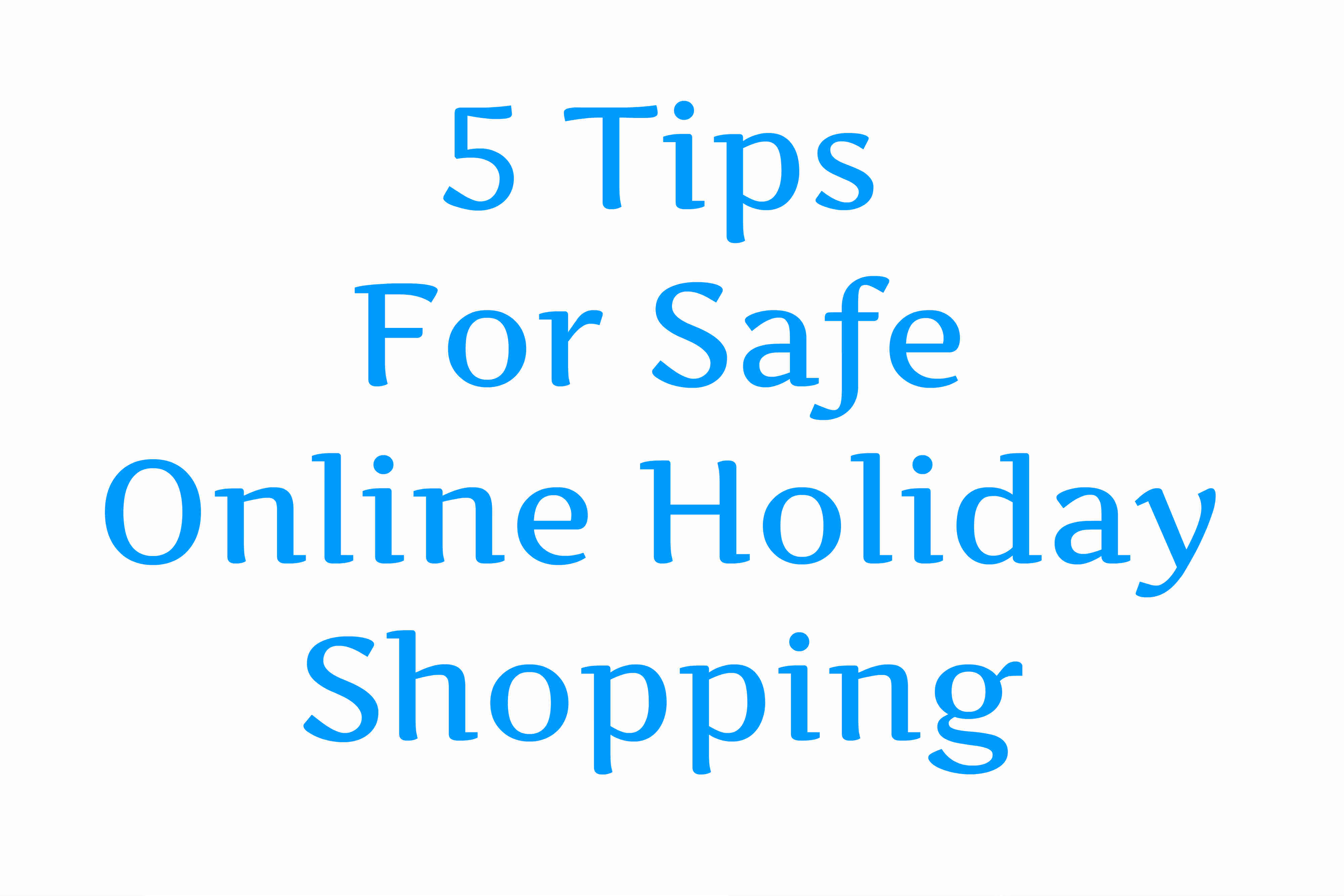The Christmas shopping season is just around the corner, and you surely have an endless list of gifts to buy. For the first time, this year customers are expected to spend more money shopping online than in physical stores, according to the survey of more than 4,000 respondents.

However, be aware that while you will be browsing and buying presents online, cybercriminals will be doing their best to gain control over your credit card details and other financial information they can profit from. Winter holidays are the peak time for cybercrime, so security experts advise to be extra cautious when shopping on the Internet.
Online fraud usually happens when people are not careful enough with their online activities, for example, using weak passwords or making online transactions on unsecured public Wi-Fi hotspots. Also, your sensitive data may be at risk if the online store is not using a reliable encryption protocol to secure your details during the payment process. So if you’d rather keep your privacy (and money) to yourself, here are 5 tried and tested tips to help you shop online safely.
1. Use only “https” pages for payments
The first thing you should do when making an online payment is to check whether the website you are using has the secure ‘https’ URL. The ‘s’ in the URL means that the store is using a secure protocol and your data is safely encrypted.
2. Be cautious with your data
You will do yourself a huge favor by simply being cautious before providing your personal details anywhere on the Internet. For example, if a website asks for unusual information, like your Social Security Number, stop and ask yourself: why would an online store need such information? Being vigilant will help you a lot with the task of shopping online and staying secure at the same time.
3. Stay away from public Wi-Fi
We mean it. Although public Wi-Fi hotspots are free and convenient, they are the most common places to get your information stolen. Since the security level on public networks is often unknown, you should avoid them for making online payments or sharing your sensitive information with others. If you have no choice but to make an online transaction while connected to a public Wi-Fi hotspot, you must turn on a VPN to stay safe.
4. Be creative with your passwords
Perhaps one of the most basic requirements for setting up any online account is creating strong passwords. Weak passwords, such as 123456, qwerty, your name, birth date, etc., make it easy for hackers to break into your account and cause severe damage. So be creative: use passwords that contain at least 10 characters, include upper and lower case characters and numbers, or better still – get a reliable password manager. And never use the same password for different accounts.
5. Get a VPN (Virtual Private Network)
A VPN encrypts all the data you share across the Internet, so nobody can see or intercept it. By far, VPNs are the best security tool for making sure your sensitive details are safe from prying eyes. For example, NordVPN is one of the most advanced VPNs on the market: it uses the latest encryption protocols and offers easy-to-use applications for main operating systems. Windows, macOS, Android, and iOS. What’s also nice is that you can protect up to 6 devices with a single account.
The ease of online shopping should not make us less cautious. Quite the contrary, it can be extremely dangerous if you do not follow the necessary precautions. So make sure you get only nice surprises this Christmas by being careful and checking for all the warning signs we’ve covered.
Thank you for reading our article and if you have any doubts/queries/suggestions, please feel free to comment below. If you find this article useful and knowledgeable, please share it with your circle. You can even contact us privately through the contact form or through social networking sites like Facebook, Twitter, Google+ etc.




